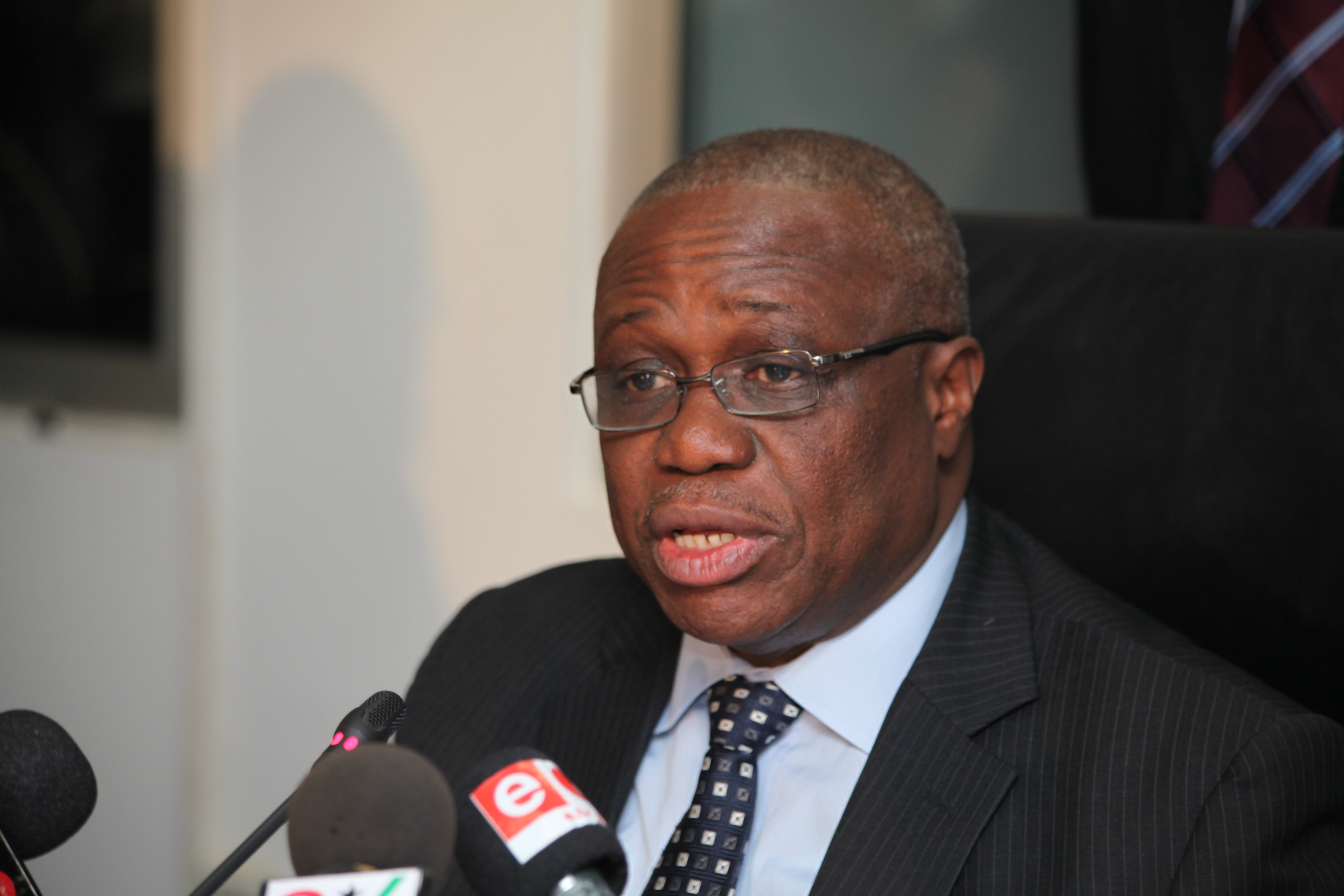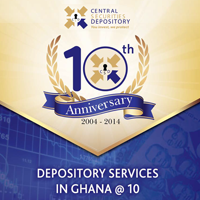 The Monetary Policy Committee (MPC) of the Bank of Ghana (BoG) is digging deep into its policy armoury to take a shot at inflation, which for the third consecutive month increased albeit marginally, from 16.6 percent in March to 16.8 percent in April.
The Monetary Policy Committee (MPC) of the Bank of Ghana (BoG) is digging deep into its policy armoury to take a shot at inflation, which for the third consecutive month increased albeit marginally, from 16.6 percent in March to 16.8 percent in April.
The Committee after its two-day meeting unexpectedly raised its main Monetary Policy Rate (MPR) by 100bp to 22.0%.
The decision reflects the MPC's ongoing concerns about inflation and its impact on economic growth. Inflation is being driven by continued high government spending (on the large public sector wage bill and rising debt servicing costs).
The marginal increase in the consumer price index announced by the statistical service meant there wasn't enough room for optimism by the MPC to stay the policy rate at 21 percent -- as most analysts had predicted, rather voting to increase the rate by 100 basis points.
The central bank has been asked by the International Monetary Fund (IMF) to do more to tame a stubborn inflation rate largely driven a weak currency, and high cost of credit as well as the nagging energy crisis that has sent operation costs of most businesses spiralling through the roof.
Meanwhile, fiscal revenues are being undermined by low global commodity prices (particularly for Ghana's two main revenue earners, gold and oil), which in turn sustains the large fiscal deficit financing requirement that requires high interest rates to make government debt attractive to buyers. Amid the high spending environment, a weakening cedi (down 17% YTD) and rising utility tariffs, annual inflation increased to 16.8% in April, up slightly from the previous month.
The April inflation figure is further adrift of the Bank of Ghana's medium-term inflation target of 8 percent, which according to Dr. Kofi Wampah, governor of the central bank, suggests a further lengthening of the inflation target horizon from the second half of 2016 as indicated in the last MPC round to 2017.
Addressing the press after the 64th MPC meeting in Accra, he said a further moderate tightening, complemented with sustained fiscal consolidation efforts, could rein-in inflation and inflation expectations.
The Committee maintained that fiscal performance in the first quarter has been encouraging with the deficit as well as central bank financing well within targets.
Dr. Wampah said sustaining the first quarter performance over the medium-term is critical, and together with the tight monetary policy stance will facilitate the achievement of macroeconomic stability.
But analysts who endorse the MPC's hike said similar signals have to be communicated from the fiscal side in order to ensure effectiveness of the central bank's actions.
Some market-watchers have drawn a plausible link between this rate hike and the IMF's demand for strengthened monetary policy effectiveness and a stronger focus on achieving single-digit inflation in the medium-term. But again, they conclude, much of the work needed to realise this goal has to be done by government, not the central bank.
Sampson Akligoh, analyst and Managing Director of InvestCorp, said the decision reflects challenges facing the economy -- adding that interest rates must keep up to compensate for inflation and currency risk.
Some analysts also fear yields on Treasuries, which have fallen for 12 straight weeks, could begin to rise again while other interest rates will remain elevated.
"For those worried about the high cost of credit, that won't be addressed soon; and the BoG, in consonance with its mandate, has shown that it is more concerned about inflation," one analyst told the B&FT.
Mr. Akligoh also concedes that borrowing and lending rates will remain high. "I think we have already seen interest rates remaining high for an extended time, and businesses will again be affected negatively even as they cope with a weak currency and an erratic power supply," he said.
Source: B&FT online


